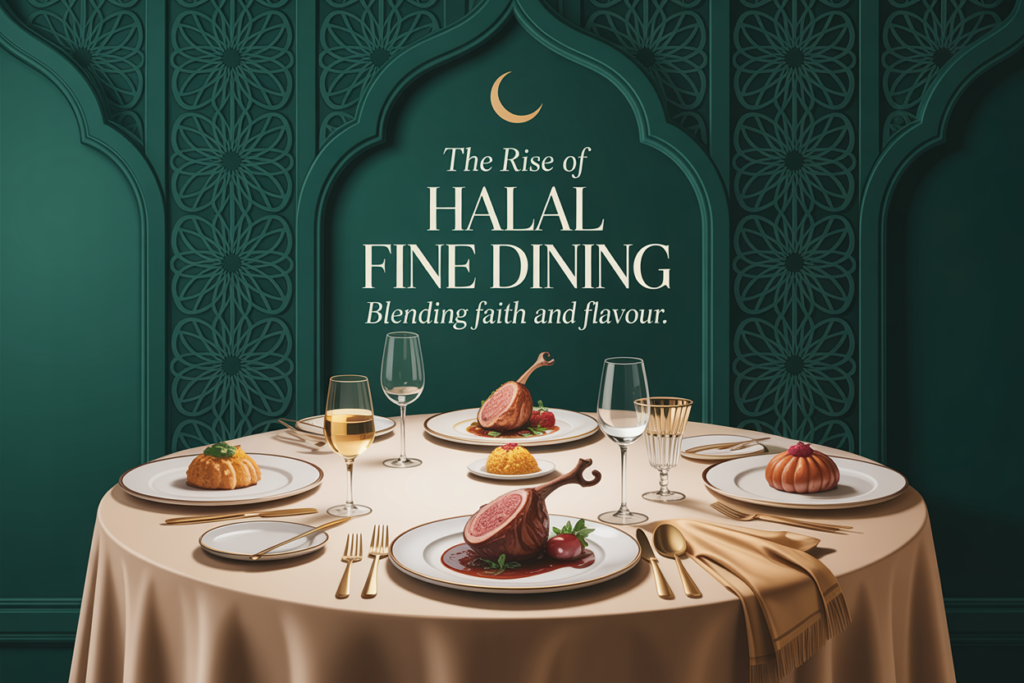
The Evolution of Halal Cuisine: From Tradition to Luxury
The global culinary scene has undergone a profound transformation with the emergence of halal fine dining, a concept that harmoniously fuses religious dietary laws with sophisticated gastronomy. Halal, an Arabic term meaning “permissible,” governs various aspects of a Muslim’s life, especially food. Traditionally associated with modest fare, halal dining has now transcended its humble roots, stepping confidently into the realm of luxury dining experiences.
Top-tier chefs and restaurateurs are innovatively reimagining halal cuisine, creating dishes that adhere strictly to Islamic principles while showcasing cutting-edge culinary artistry. This new wave of halal fine dining offers an exciting and inclusive option for Muslim patrons who seek gastronomic excellence without compromising their beliefs.
Global Surge in Halal Fine Dining Establishments
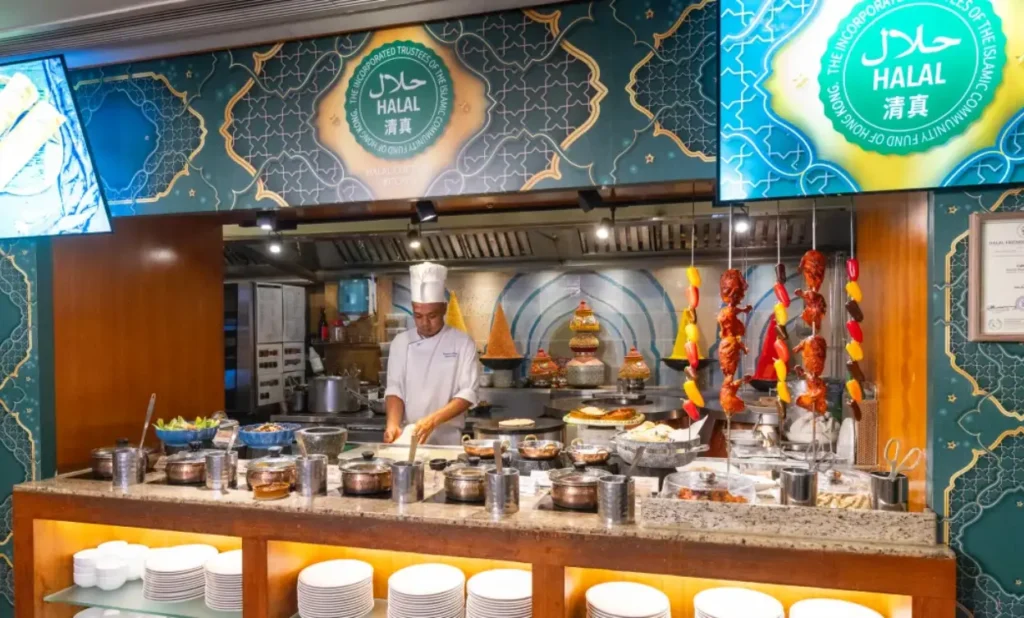
The halal fine dining trend is not confined to predominantly Muslim countries. Major cities like London, New York, Dubai, Kuala Lumpur, and Paris have witnessed a burgeoning number of high-end halal restaurants. This expansion is fueled by a growing, affluent Muslim middle class and an increasing interest among non-Muslim diners who appreciate the purity and ethical sourcing that halal certification ensures.
Prestigious establishments such as Nobu Doha, Marini’s on 57 in Kuala Lumpur, and Benares in London have integrated halal options into their menus, broadening their appeal to a more diverse clientele. These venues seamlessly combine opulence, impeccable service, and culinary masterpieces that respect halal standards, elevating the dining experience to new heights.
Crafting the Perfect Halal Fine Dining Experience
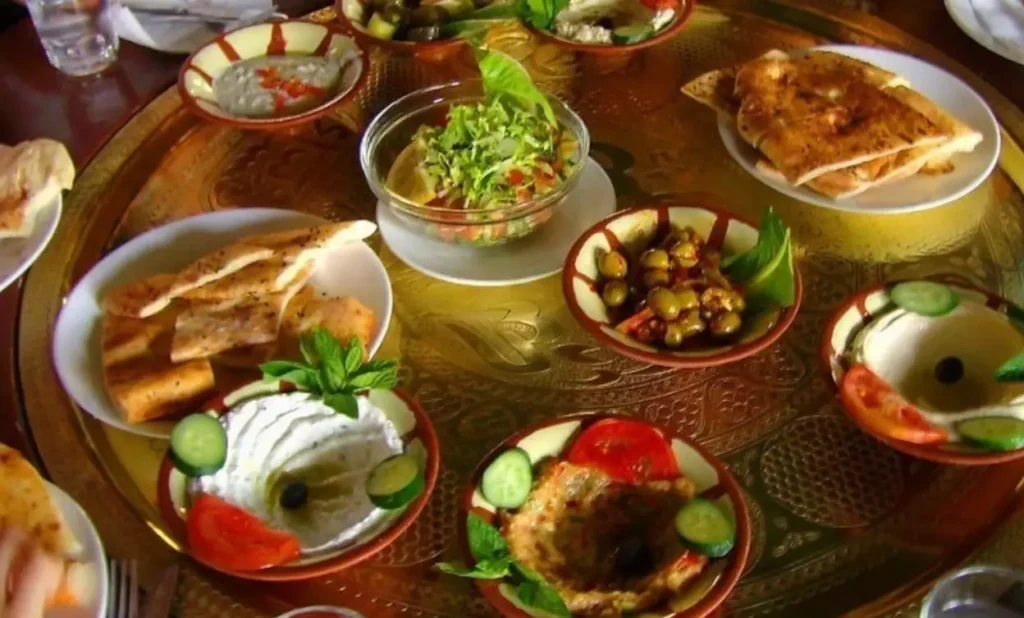
The hallmark of halal fine dining is not merely in the adherence to halal guidelines but in the meticulous attention to detail and presentation. The journey begins with the sourcing of the finest ingredients meats that are slaughtered according to Islamic rites, and products that are free from any non-halal additives or cross-contamination. Equally crucial is the culinary creativity that transforms these ingredients into visually stunning and palate-pleasing dishes.
In halal fine dining, chefs often draw inspiration from traditional Middle Eastern, South Asian, and Mediterranean cuisines, infusing them with modern techniques such as molecular gastronomy, sous-vide cooking, and artistic plating. The result is a dining experience that delights all senses a true testament to the fact that halal food can be as luxurious and innovative as any other haute cuisine.
Signature Dishes Defining Halal Fine Dining
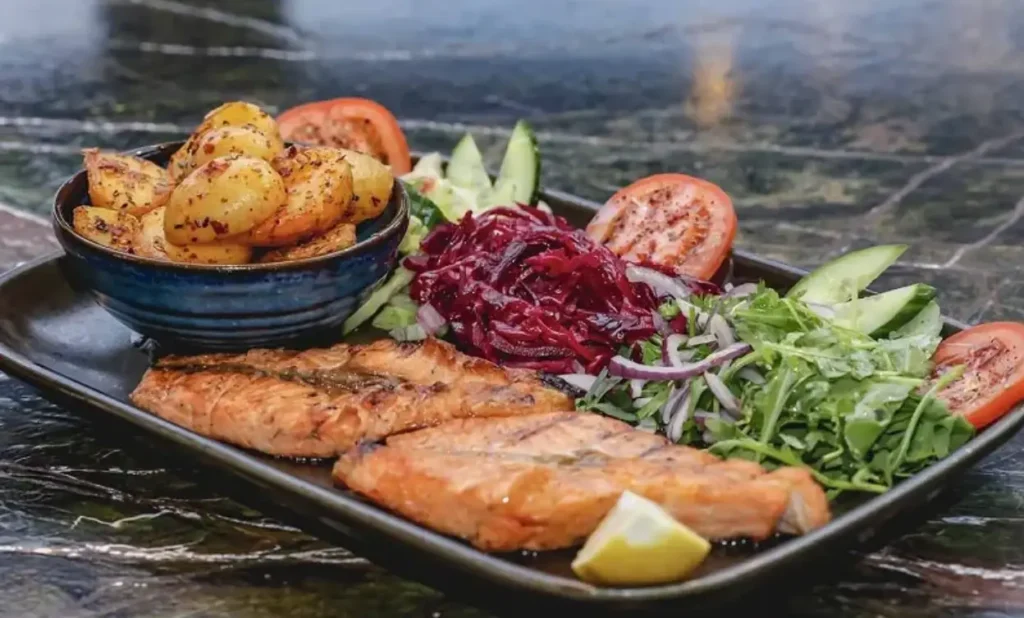
Iconic halal fine dining menus feature exquisite creations such as Wagyu beef with saffron risotto, lamb shank confit with pomegranate glaze, and black cod miso—all prepared within the halal framework. Desserts, too, have been revolutionized, offering delights like rosewater panna cotta, pistachio baklava with gold leaf, and Turkish delight-infused macarons.
Many establishments also take pride in halal-certified wine alternatives, such as creatively crafted mocktails and fine beverages that complement the flavors of the dishes impeccably, ensuring that every element of the meal aligns with Islamic teachings while satisfying the most discerning palate.
Halal Fine Dining: A Cultural and Social Statement
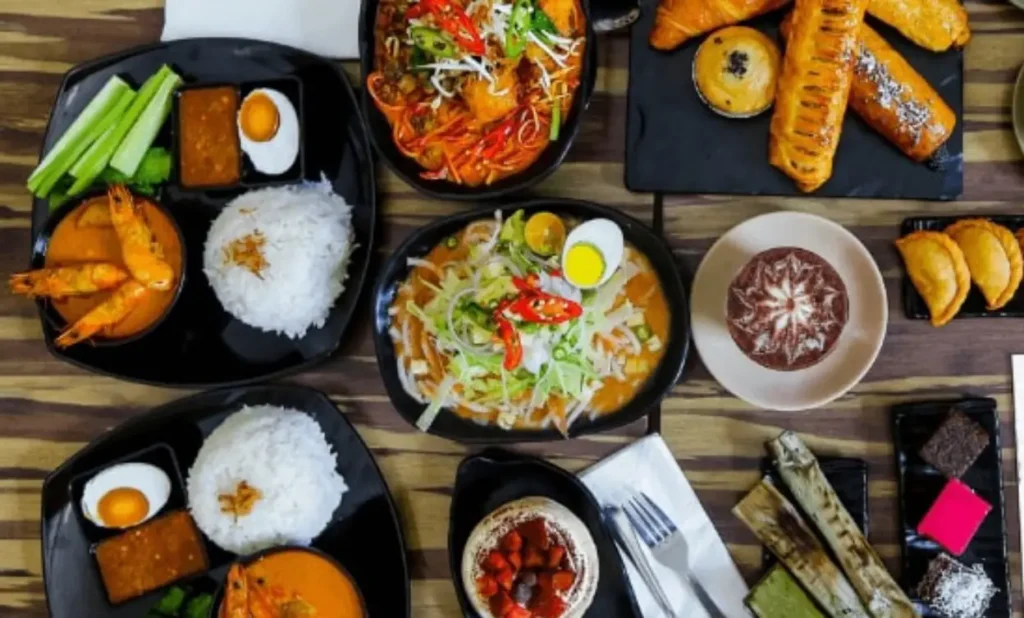
The rise of halal fine dining signifies more than just culinary progress; it represents a cultural affirmation and a commitment to inclusivity. It provides a space where Muslim diners can celebrate special occasions, conduct business meetings, or enjoy a luxurious night out without the need for compromise. This movement also fosters cross-cultural appreciation, inviting non-Muslim patrons to explore and enjoy halal cuisine, thereby enhancing mutual understanding and respect.
In addition, halal fine dining establishments often reflect Islamic aesthetics and principles in their decor and service philosophy, offering an ambiance that is both welcoming and elegant. This holistic approach ensures that the experience resonates deeply with the values and expectations of Muslim diners.
Challenges and Opportunities in Halal Fine Dining
While the halal fine dining sector is burgeoning, it faces distinct challenges. Maintaining strict halal standards requires rigorous oversight and certification, which can be resource intensive. There is also the task of educating the broader public about what halal entails, dispelling misconceptions that might deter potential non-Muslim diners.
However, these challenges are matched by immense opportunities. The global halal market is projected to continue its robust growth, driven by demographic shifts and rising disposable incomes within Muslim communities. As more chefs and restaurateurs recognize the potential of this market, the halal fine dining scene is poised to expand and evolve, offering ever-more sophisticated and diverse experiences.
The Future of Halal Fine Dining
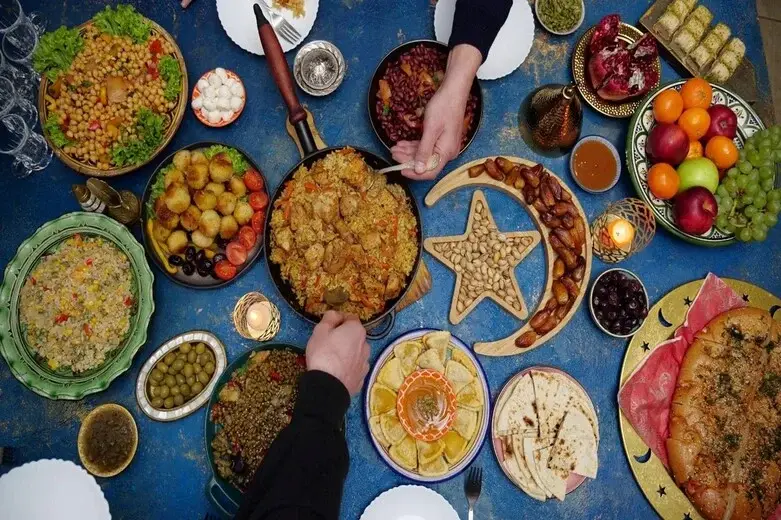
The future of halal fine dining looks exceptionally promising. With increasing demand and heightened culinary innovation, we anticipate a landscape where halal fine dining becomes a mainstay of the global culinary elite. Emerging trends point to greater experimentation with plant-based halal cuisine, sustainable sourcing, and immersive dining experiences that integrate technology and storytelling.
Halal fine dining is not just a passing trend; it is a dynamic and enduring movement that reflects the changing tastes and aspirations of modern Muslim consumers while appealing to a global audience that values ethical and exquisite dining experiences.
